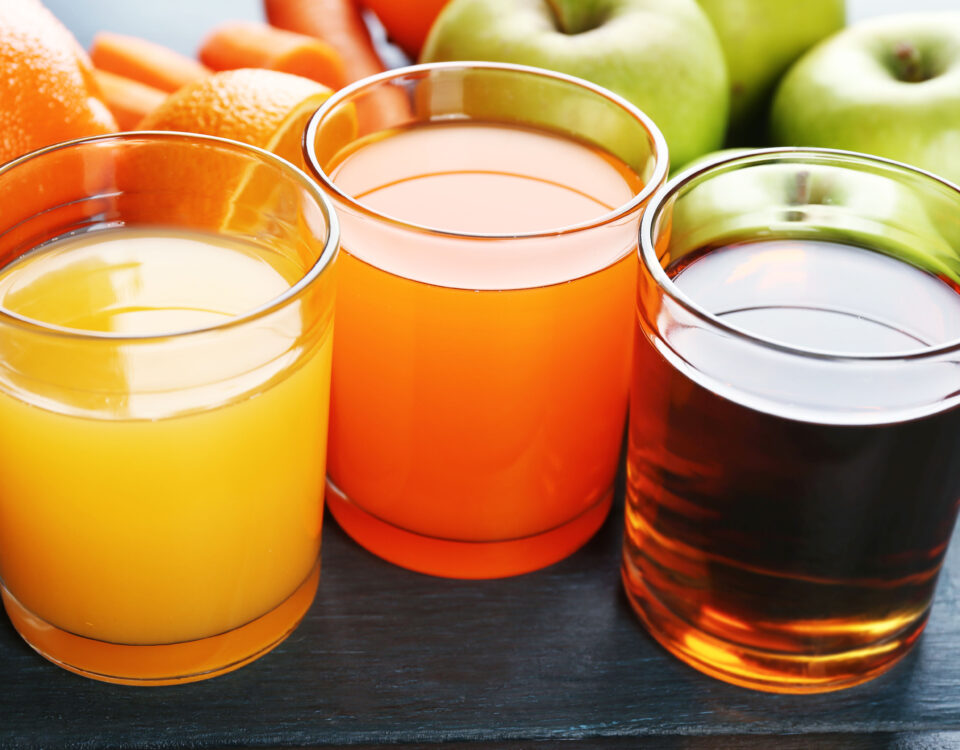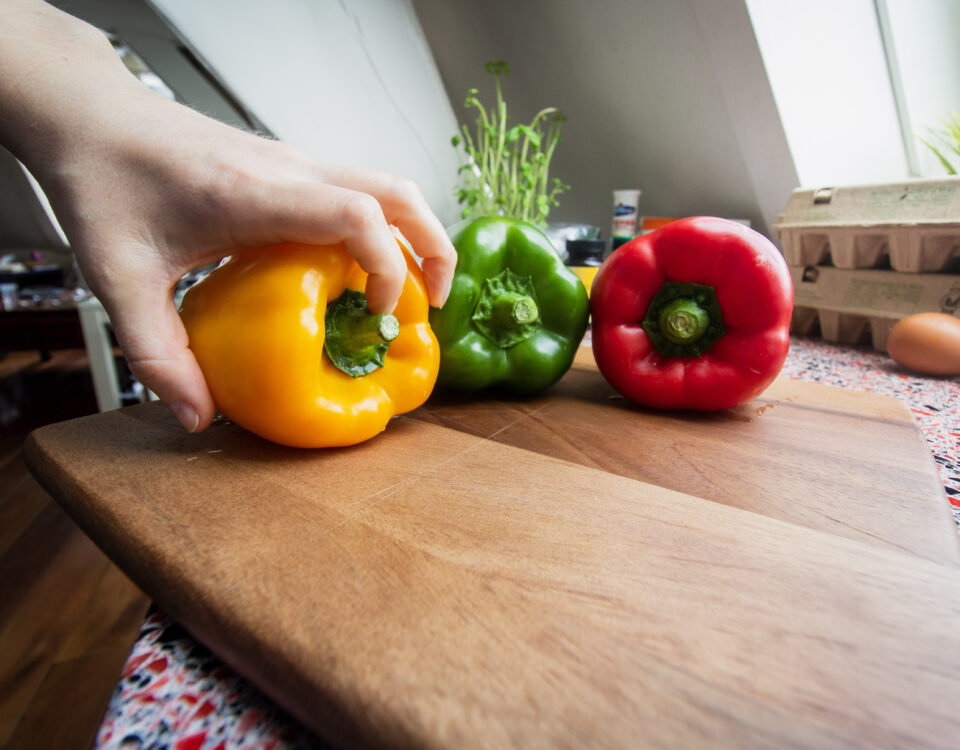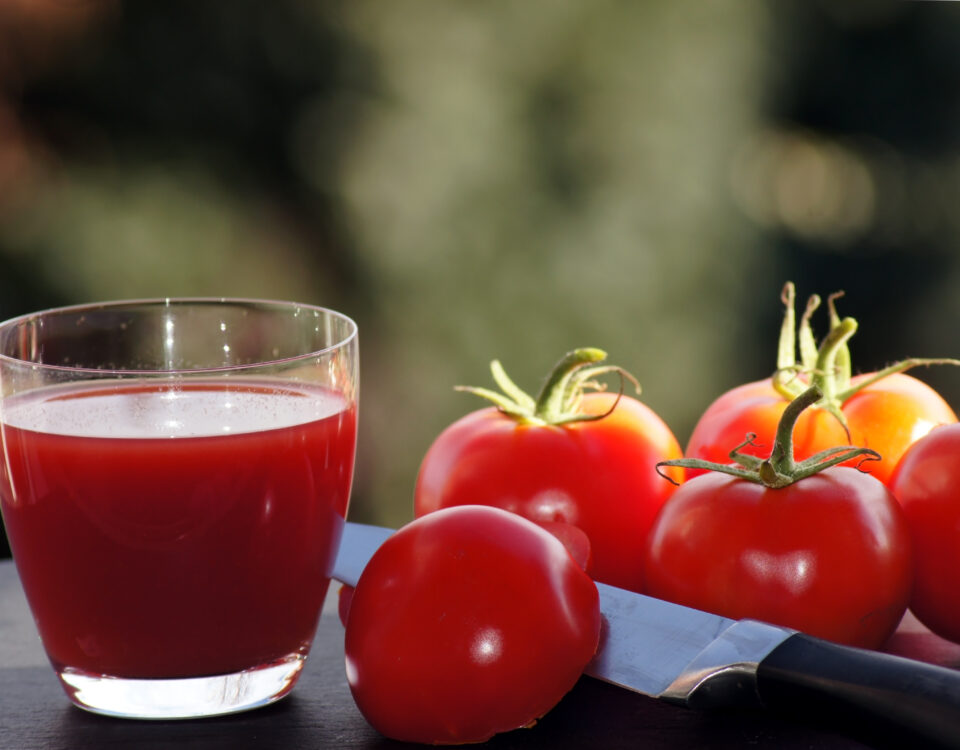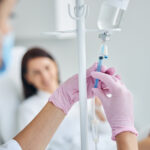
The Power of IV Therapy: Boosting Your Immune System Naturally
August 30, 2025
Best Low Acid Fruit Juices for GERD Relief
September 29, 2025Foods to Avoid with GERD Acid Reflux: Comprehensive Guide for Better Digestive Health

When you have chronic heartburn, or regurgitation, or the burning pain in the chest, you may have gastroesophageal reflux disease (GERD) or acid reflux. Learning what foods to avoid with gastroesophageal reflux disease can be a big step in controlling your symptoms and increasing your quality of life. We are the appropriate clinic to help its patients overcome the challenges by offering tailored care and professional advice in Vanguard Gastroenterology in New York, NY.
Through this comprehensive guide, we will discuss the foods to be avoided when having GERD acid reflux and the reasons behind it, and what can be used instead. Based on the most recent recommendations, including those issued in 2024 and 2025 we will give you the evidence-based information that will help you to control your diet. Are you looking up what foods to avoid with gastroesophageal reflux disease or what to avoid with acid reflux, then this article has it all.
Understanding GERD and Acid Reflux

Gastroesophageal reflux disease, otherwise known as GERD, is a condition that develops when the acid in the stomach regularly moves backward in the tube between the mouth and stomach, the esophagus. The result of this backwash (acid reflux) can irritate the lining of your esophagus and cause you to have heartburn, chest pains, problems swallowing, and even chronic cough.
Acid reflux occurs when the lower esophagus sphincter (LES), which is the ring of muscle at the lower end of the esophagus, becomes inappropriately relaxed, or when the lower esophageal sphincter becomes weak. This can be worsened by factors such as obesity, pregnancy, smoking and some drugs. Recent recommendations of the American College of Gastroenterology have indicated that lifestyle changes, especially dietary, are most effective in the management of GERD.
Common symptoms include:
- Pain in the chest (heartburn) which is normally experienced after eating.
- Refluxing food or acid liquid.
- Feeling of a lump in your throat.
- Chronic cough or laryngitis
- Nighttime reflux interrupted sleep.
Unattended, GERD can lead to esophagitis and Barrett's esophagus or even cancer in the esophagus. This is the reason why it is essential to find gastroesophageal reflux disease foods to avoid providing a long-term solution.
Book a GI appointment with Vanguard Gastroenterology in New York, NY.
Why Diet Plays a Crucial Role in Managing GERD
Dietary interventions are frequently the foundation of GERD management as some foods tend to relax the LES, slow emptying of the stomach, or increase production of stomach acid, which aggravates reflux. Fatty foods like these therefore stay longer in the stomach, thus exposing the chances of the acid refluxing to the esophagus.
According to recent 2025 Cleveland Clinic studies, an GERD friendly diet is centered on the avoidance of triggers, but also includes anti-inflammatory low acid foods. You can lessen dependence on medications and limit symptoms by making informed decisions about what to avoid with acid reflux. This method is in line with the suggestions made by Mass General Brigham, where the significance of whole grains, vegetables, and lean proteins towards lowering the acidity levels is highlighted.
Key Foods to Avoid with GERD Acid Reflux
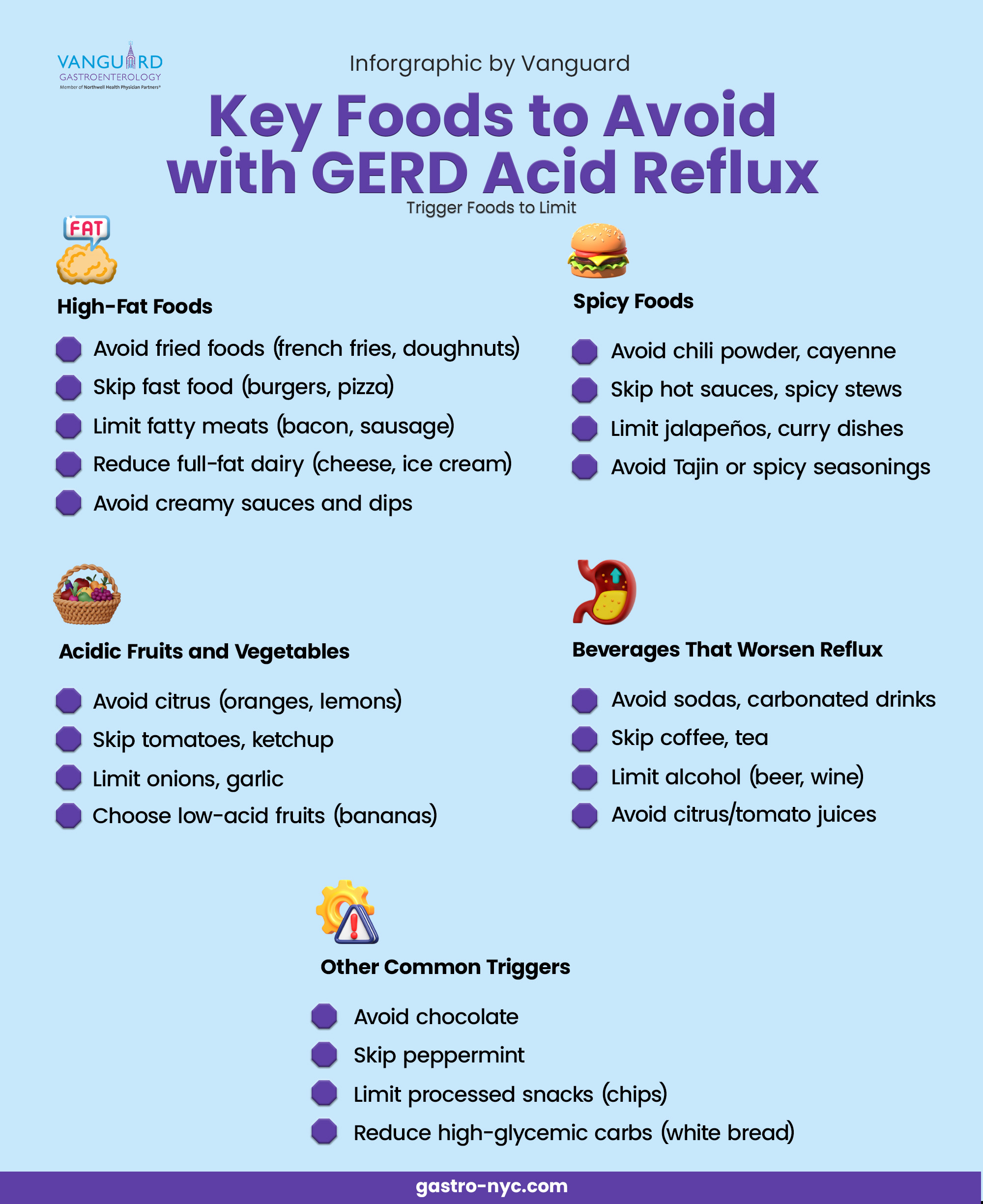
According to the most recent evidence, the following are the main food groups to avoid gastroesophageal reflux disease. Personal tolerance changes, and a food diary would help to keep track of personal triggers.
High-Fat Foods
Some of the worst culprits of GERD are fatty foods as they slow down the digestion process and lower the LES pressure. A 2024 Journal of Functional Foods study supports the hypothesis that eating a lot of fat is associated with more episodes of reflux.
Avoid:
- Fried foods such as french fries, onion rings and doughnuts.
- Burgers and pizza are fast food products.
- Fatty meat products such as bacon, sausage and marbled beef.
- Full-fat dairy such as cheese, butter, ice cream and whole milk.
- Smooth sauces, dressings, and dips.
Note: To relieve symptoms, low-fat products, such as baked products and skim milk, should be used.
Spicy Foods
Hot food may irritate the lining of the esophagus and cause a burning effect. As has been pointed out in a 2023 review, capsaicin, which is the extracted substance of chili peppers, is an irritant.
Steer clear of:
- Cayenne, black pepper and chili powder.
- Hot sauces and spicy stews
- Foods that contain jalapenos, habaneros, or curry.
- Tajin, or other spicy spices.
Unless it is a necessity to use spice, begin with small amounts and keep track
Acidic Fruits and Vegetables
Foods high in citrus and tomatoes raise the level of stomach acid, increasing the risk of reflux. According to Harvard Health, in 2023 it is suggested that these be limited to prevent esophageal irritation.
Common triggers:
- Citrus fruits: Lemons, pineapple, limes, grapefruits and oranges.
- Tomatoes and tomato products: Salsa, ketchup and tomato sauces.
- Onions and garlic (eaten raw or cooked in large quantities)
Instead, use low-acid food such as bananas or melons.
Beverages That Worsen Reflux
Some beverages may either relax the LES or stimulate the production of acid. Per 2024 guidelines provided by Verywell Health, alcohol and caffeine are common suspects.
Avoid:
- Cokes and soft drinks.
- Coffee and tea (caffeinated or decaf, as a trigger)
- Beer, wine and spirits.
- Citrus or tomato juices
- Peppermint tea
Use water or herbal teas such as ginger to calm it down
Other Common Triggers
Additional items to watch:
- Chocolate: includes methylxanthines which relax the LES.
- Peppermint: Smooths the sphincter, and stimulates reflux.
- Processed snacks: Potato chips and salty things.
- White bread and sweet desserts are high-glycemic carbs.
Beneficial Foods to Include in Your GERD Diet
Although it is important to avoid foods that cause GERD acid reflux, it is possible to include helpful choices that will bring relief. Foods that are alkaline, rich in fiber and watery are known to neutralize acid and enhance digestion.
Recommended:
- High fiber: Oatmeal, brown rice, sweet potatoes, Broccoli.
- Alkaline: bananas, melons, cauliflower, nuts, fennel.
- Watery: Celery, cucumber, lettuce, watermelon, herbal tea
An example of a food plan would include oatmeal and bananas as a breakfast meal, grilled chicken and cooked vegetables as a lunch meal and a soup meal made of broth as a dinner meal.
Lifestyle Tips to Complement Your Diet
In addition to diet, the following habits should be adopted:
- Break down the large meals into small intervals in order to prevent overstretching the stomach.
- Sit on your heels not less than 3 hours after eating.
- Raise your head when sleeping.
- Lose weight and stop smoking.
- Do not wear tight jeans around the waist.
They are consistent with 2025 recommendations of Children Hospital of Philadelphia concerning full management of GERD.
Home Remedies for Quick Relief
For occasional flare-ups, try:
- Buffer: nonfat milk or low-fat yogurt.
- Ginger tea is an anti-inflammatory tea.
- Acevagina de Vino de Vida de Manzanar diluted (with caution)
- Lemon honey water to alkalinize the body.
Never use remedies, particularly when the patient continues experiencing symptoms.
When to Seek Professional Help
Visit a gastroenterologist in case of no improvement to the changes of the diet, or, in case the symptoms appear more than twice per week. We also perform diagnostic procedures such as endoscopy at Vanguard Gastroenterology to evaluate damage and customize treatment options.
Conclusion
Treatment of GERD reflux begins by understanding the foods to avoid gastroesophageal reflux disease. You can minimize the symptoms and avoid complications by getting rid of those triggers such as fatty, spicy and acidic foods and adopting a moderate diet. It is important to remember that individual counseling is extremely important, the triggers of every person are different.
Still Suffering from Heartburn? Learn the Key Foods to Avoid with GERD for Real Relief!
Stop guessing about your diet. Contact us now or book an online appointment for a personalized GERD
Management plan!
Midtown:📞 (212) 889-5544 📍 36 East 31 Street Suite 701 New York City, NY 10016
Broadway (The Woolworth Building): 📞 (212) 889-5544 📍 233 Broadway Suite 2750, New York, NY 10279
Frequently Asked Questions
Q2: Can I eat dairy if I have gastroesophageal reflux disease?
Answer: Avoid full-fat dairy, but low-fat and nonfat dairy are options. Nonfat dairy options include skim milk and yogurt. Dairy may provide temporary modulation of GERD symptoms.
Q3: Does alcohol cause acid reflux?
Answer: Alcohol causes the lower esophageal sphincter (LES) to relax and increases acid production, so it is best avoided in regard to acid reflux.
Q4: Are there fruits that are safe for GERD?
Answer: Yes, there are low-acid fruits that are usually well-tolerated, such as bananas, melons, and apples that do not have a skin.
Q5: When should I see a doctor about my GERD symptoms?
Answer: If your symptoms occur more than twice per week, if you are having difficulties swallowing, and if your diet recommendations and adjustments did not improve your symptoms, consider referring to a specialist.

